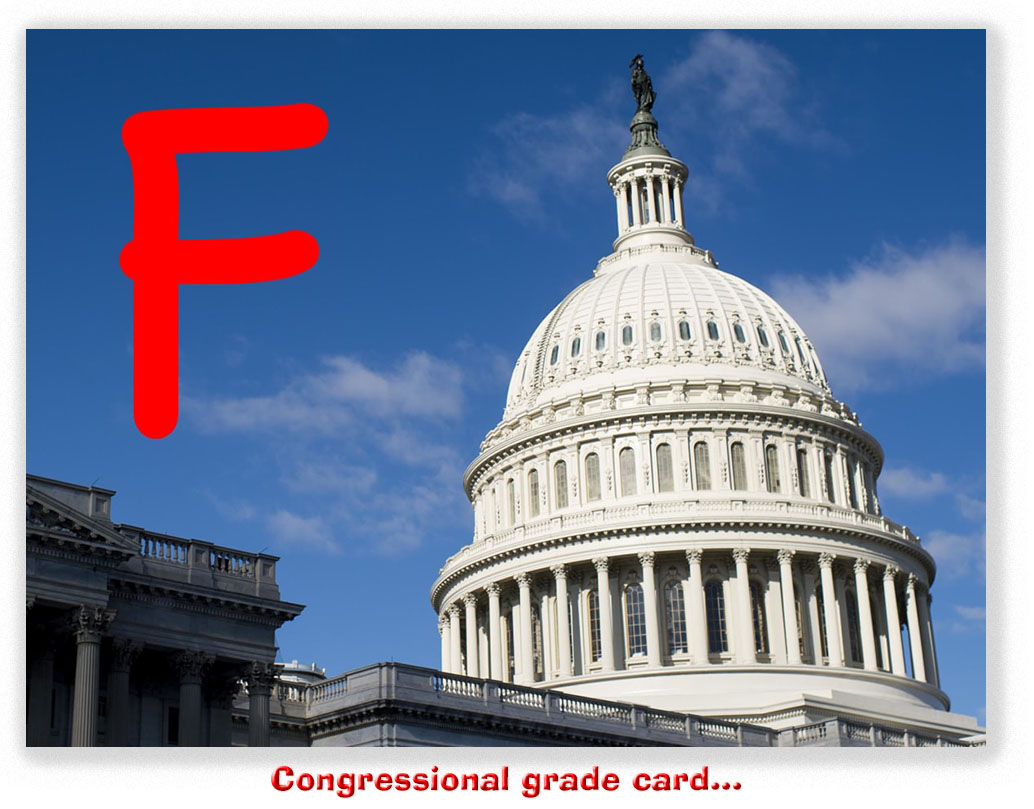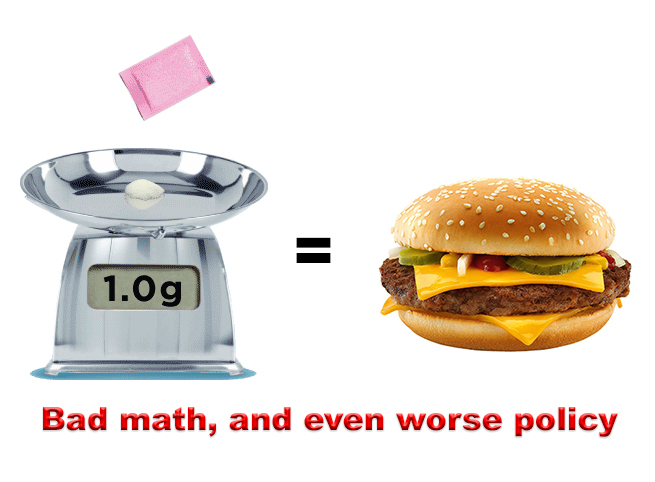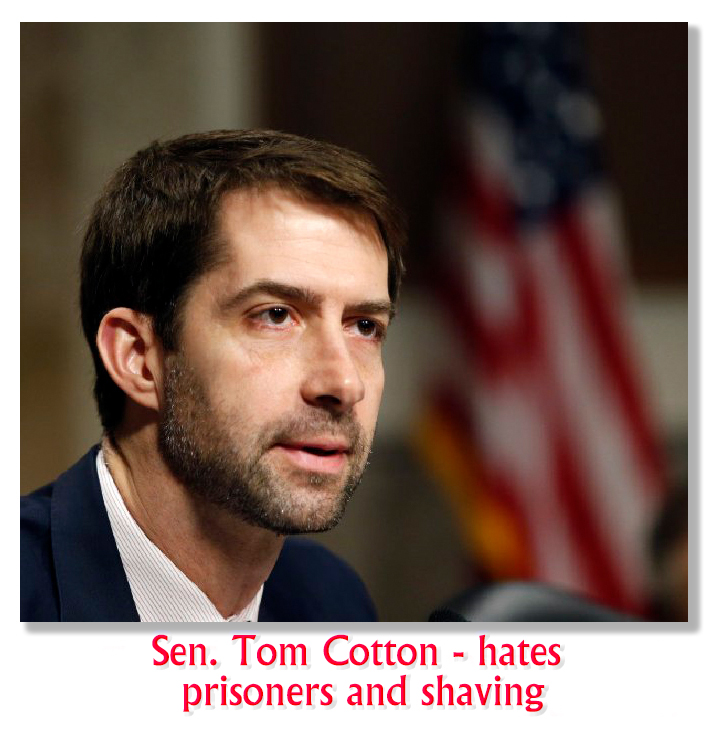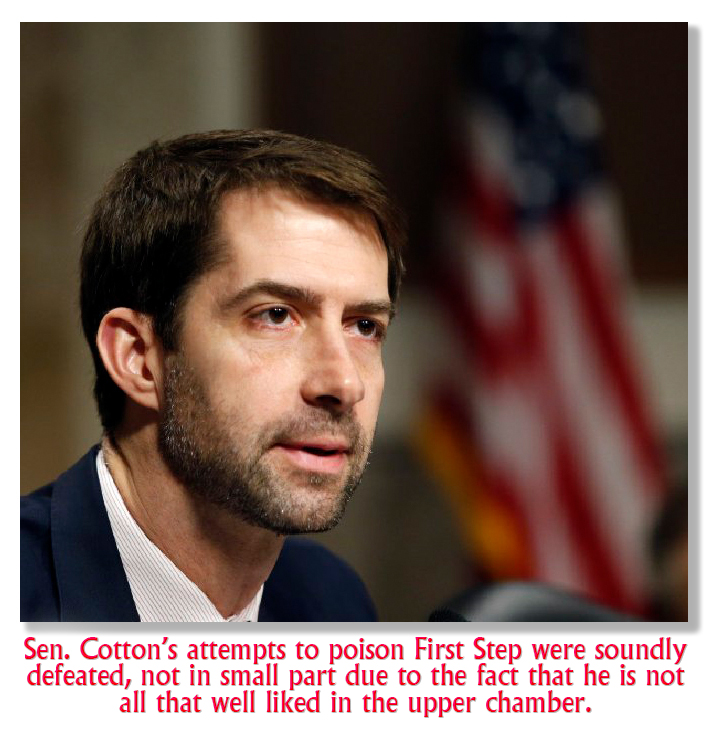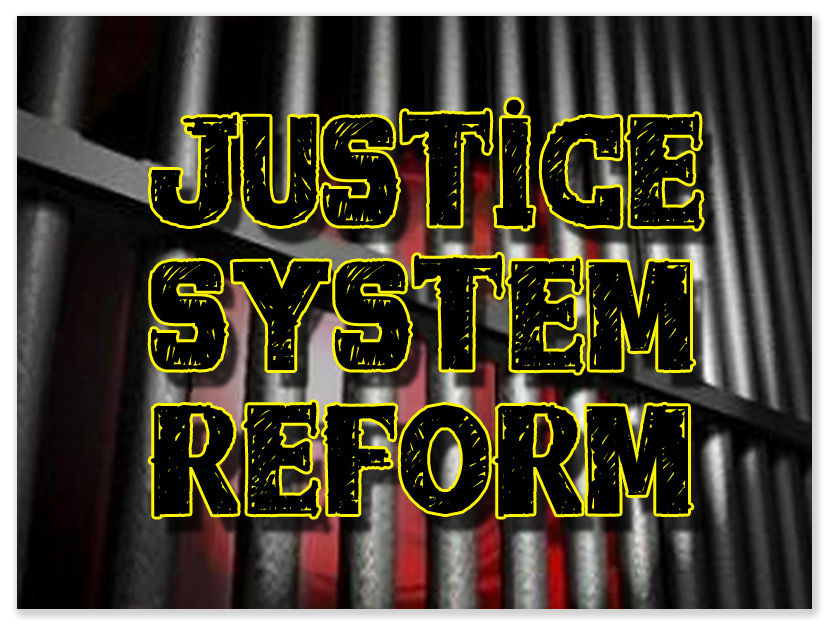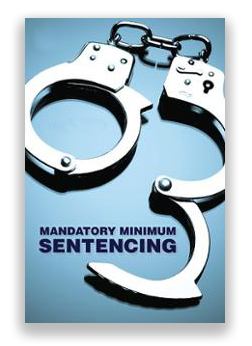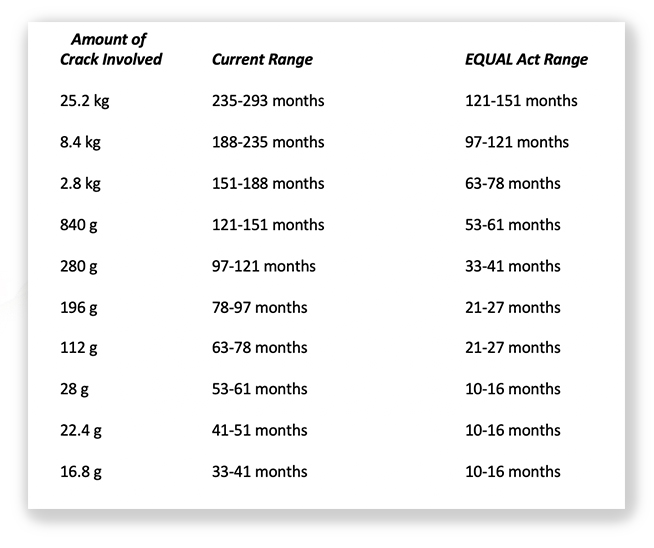We post news and comment on federal criminal justice issues, focused primarily on trial and post-conviction matters, legislative initiatives, and sentencing issues.

DÉJÀ VU ALL OVER AGAIN
 Senate Majority Whip Richard Durbin (D-IL), chairman of the Judiciary Committee, and Sen. Charles Grassley (R-IA) last Wednesday reintroduced three of the biggest criminal justice of the last Congress, reform bills that made it out of Senate committee but never got voted on in 2021-2022.
Senate Majority Whip Richard Durbin (D-IL), chairman of the Judiciary Committee, and Sen. Charles Grassley (R-IA) last Wednesday reintroduced three of the biggest criminal justice of the last Congress, reform bills that made it out of Senate committee but never got voted on in 2021-2022.
Yogi Berra might say, “It’s déjà vu all over again.”
Durbin and Grassley sponsored First Step five years ago. Now, they have reintroduced the First Step Implementation Act (FSIA) (S. 1251) and Safer Detention Act (S.1248) – both of which were approved by the Committee in 2021 but did not pass the Senate the last Congress – as well as rolled out the Terry Technical Correction Act (S. 1247).
The FSIA would allow courts to apply First Step sentencing reform provisions to reduce sentences imposed prior to First Step’s December 2018 enactment and broaden the drug safety valve (18 USC § 3553(f)) to allow courts to sentence below a mandatory minimum for nonviolent controlled substance offenses, if the court finds the defendant’s criminal history over-represents the seriousness of the defendant’s criminal record and the likelihood of recidivism.
The Safer Detention Act of 2023 would reform the Elderly Home Detention Pilot Program (34 USC § 60541(g)(5)) by clarifying that the time served required for the Program should be calculated based on an inmate’s net sentence – including reductions for good conduct time credits; lowering eligibility to include nonviolent offenders who have served at least 50% (instead of 66.7%) of their terms; and making D.C. Code offenders in BOP custody eligible for the Elderly Home Detention Pilot Program. The bill would also make federal prisoners sentenced before November 1, 1987 eligible for compassionate release.
 The Terry Technical Corrections Act (S. 1247) broadens the scope of crack cocaine offenders who are eligible for a retroactive sentencing reduction under the First Step Act of 2018. The First Step Act authorized sentencing reductions for crack cocaine offenders convicted and sentenced before the Fair Sentencing Act became effective, as long as their conduct triggered a mandatory minimum sentence. This bill extends eligibility for the retroactive sentencing reduction to all crack cocaine offenders sentenced before the Fair Sentencing Act became effective, including low-level offenders whose conduct did not trigger a mandatory minimum sentence.
The Terry Technical Corrections Act (S. 1247) broadens the scope of crack cocaine offenders who are eligible for a retroactive sentencing reduction under the First Step Act of 2018. The First Step Act authorized sentencing reductions for crack cocaine offenders convicted and sentenced before the Fair Sentencing Act became effective, as long as their conduct triggered a mandatory minimum sentence. This bill extends eligibility for the retroactive sentencing reduction to all crack cocaine offenders sentenced before the Fair Sentencing Act became effective, including low-level offenders whose conduct did not trigger a mandatory minimum sentence.
Remember that this same trio of modest proposals did not pass even when the Democrats ran the House, the Senate and the White House. Now, the Republicans run the House, with Rep. Jim Jordan (R-OH) chairing a House Judiciary Committee more interested in attacking Democrats for being soft on crime and hard on former President Trump than it is in addressing criminal justice reform.
Writing in his Sentencing Law and Policy blog last Thursday, Ohio State University law prof Doug Berman said, “For a wide variety of reasons, I am not at all hopeful that any form of federal sentencing reform will be enacted in the current Congress. But I was still pleased to learn… that a pair of notable Senators are still seeking to advance some notable (previously stalled) sentencing bills.”
Kohelet was an old and wise guy when he reputedly wrote the Book of Ecclesiastes. If he were still writing, it would be about these three bills. Nothing new under the sun, indeed, as will probably be the fate of these three – demise in December 2024, just as the last three died at the end of 2022. At that time, we will be writing of the FSIA, Safer Detention Act and Terry Technical Correction Act, “Vanity of vanities! All is futile! What profit hath a man for all his toil, in which he toils under the sun?”
Reintroduction of the three measures last week came as The Crime Report complained that “after four years, the impact of the First Step Act has been mixed… In March 2022 that there were 208,000 inmates in federal prisons and jails. But only 5,000 inmates… have been released through one or more provisions of the FSA.”
The sheer number of reforms in the FSA that are the antithesis to the Nixon-era ‘lock-‘em-up-and-throw-away-the-key’ penal philosophy of both the Bureau of Prisons and the US Sentencing Commission make it exceedingly difficult to have the promise of the FSA fulfilled. The very magnitude of the law and its stated objectives, which include reducing recidivism and improving conditions in federal prisons, has resulted in less than what was initially promised by the supporters of FSA.
First Step Implementation Act (S.1251)
Safer Detention Act of 2023 (S.1248)
Terry Technical Corrections Act (S.1247)
Sentencing Law and Policy, Senators Durbin and Grassley introduce again set of First Step follow-up bills (April 20, 2023)
The Crime Report, The Promises Of Federal Criminal Justice Reform: Shortcomings of the First Step Act (April 17, 2023)
– Thomas L. Root




 Of all the criminal justice reform bills in Congress – the
Of all the criminal justice reform bills in Congress – the 
